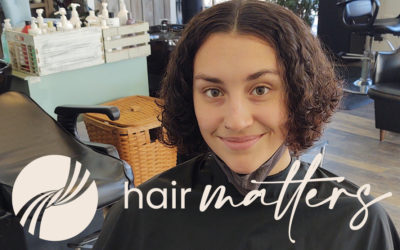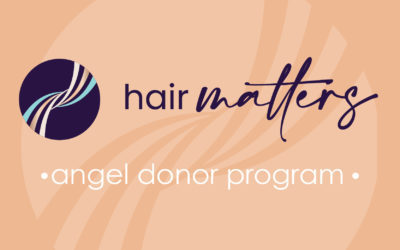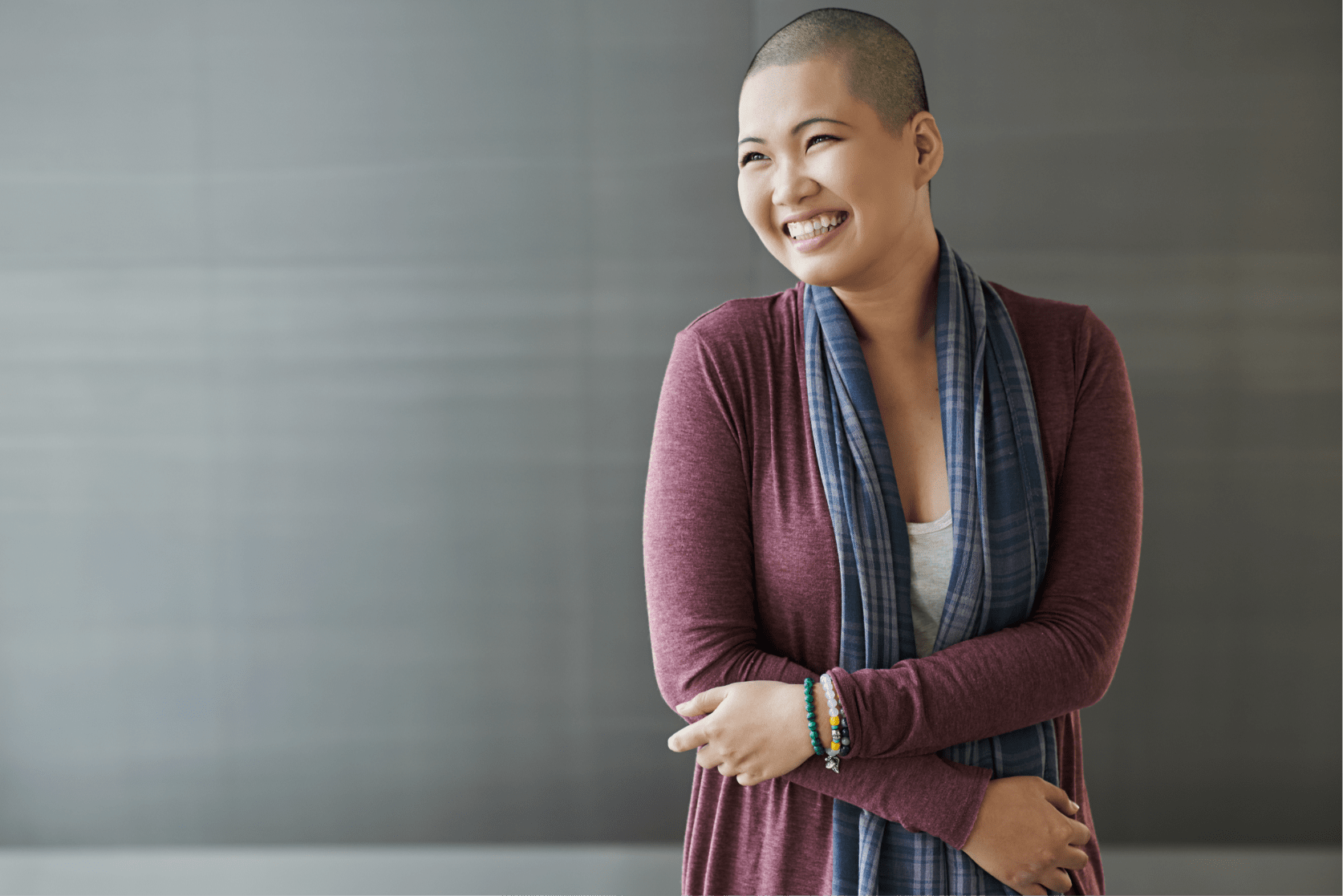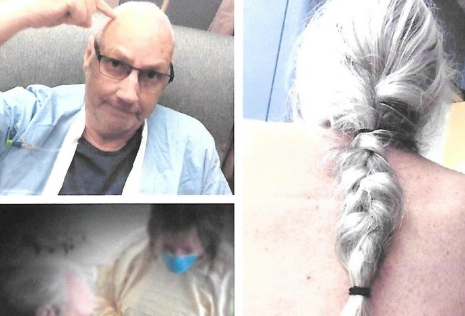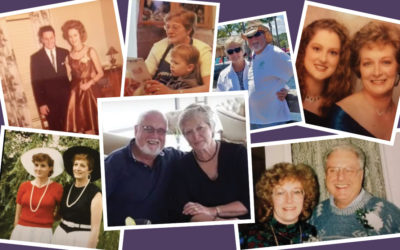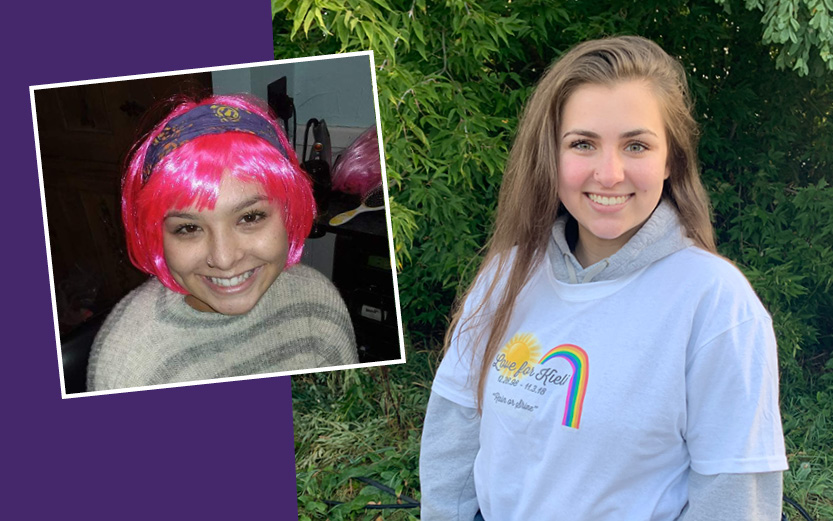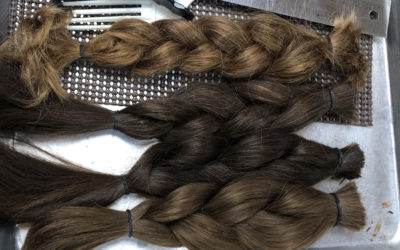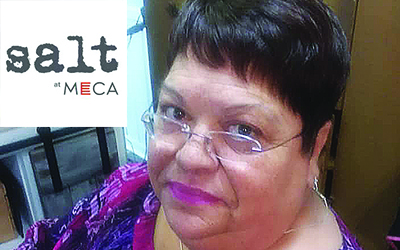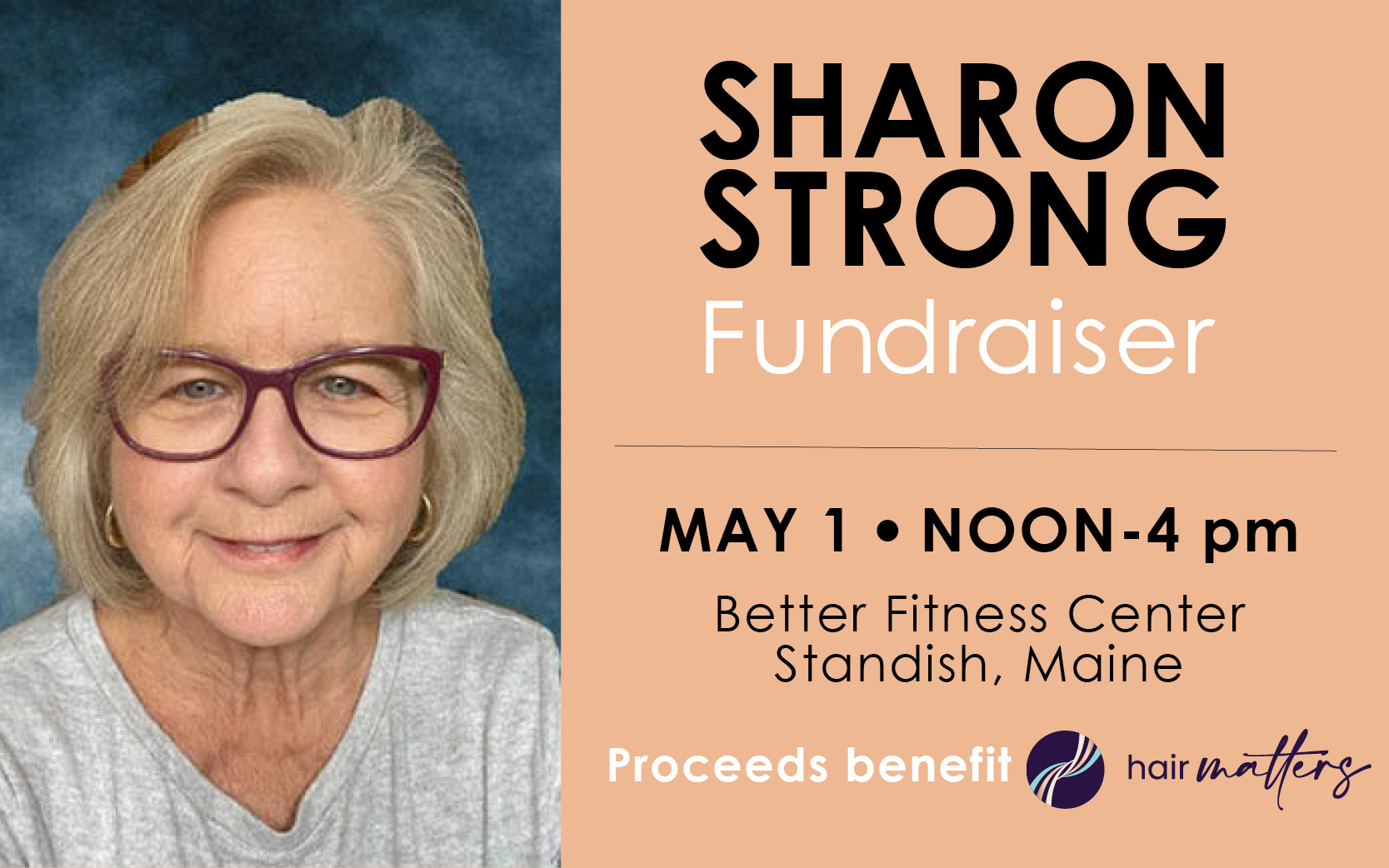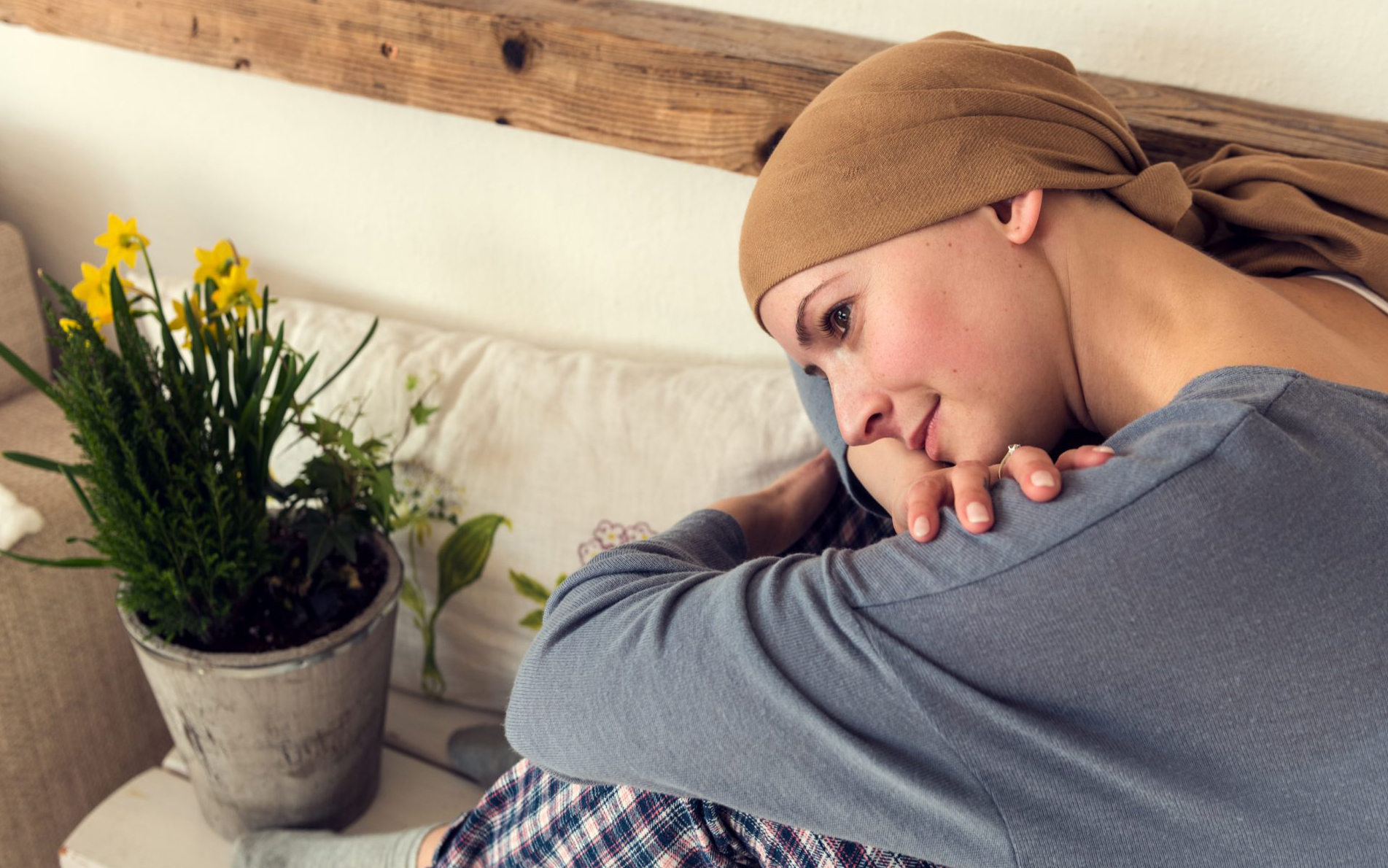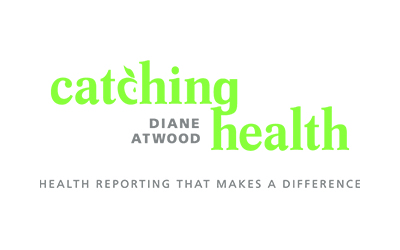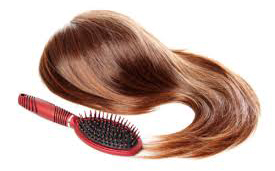Chemo & Hair Loss
Understanding the process of hair loss due to chemotherapy is half the battle.
Starting Out
There is no way around it. Managing your life with cancer has a great number of challenges. Some you can control or manage but others you cannot. For many individuals, the worst thing about chemotherapy is the thought of losing their hair. Understanding the process and being prepared for hair loss is half the battle.
Chemotherapy affects everyone differently. Some people will lose their hair completely while others may only experience thinning. Some patients may not see any effects at all. It is helpful to prepare yourself as you discover how chemotherapy may affect you. Begin by talking to your doctor or nurse. They will know the likelihood of hair loss based on the type of chemo drugs prescribed.
Why Chemo Causes Hair Loss
Different classes of chemotherapy drugs typically lead to varying degrees of hair loss. Chemotherapy drugs are designed to slow down the rapid cell growth of cancer cells by attacking the cells’ DNA to prohibit growth. Because chemo drugs are designed to kill rapidly dividing cells, other rapidly growing cells in the body (such as the cells that cause hair growth) are also affected.
Not all chemotherapy will cause hair loss, but certain drugs will cause loss in varying degrees. For example, Methotrexate is known to cause thinning of hair in some patients, but it is rare for anyone on this type of drug to experience complete hair loss. Adiamycin and Taxol can both cause complete hair loss on the head, as well as the body and face, while Cytoxan and 5-fluorouracil can cause varying degrees of hair loss from minimal to significant. One encouraging thing to remember is that your hair loss means that your chemo treatments are working.
What to Expect
As soon as you learn that your chemo treatments will result in hair loss, begin shopping for wigs, headcoverings and scarves while you still have hair. Give yourself plenty of time to shop. Being prepared will relieve much of the anxiety and stress that comes with losing your hair.
Losing Your Hair
The experience of hair loss will vary from person to person. Once treatments begin, some people notice their hair gradually thinning out. Others find that their hair falls out in clumps when they brush it, or just throughout the day in the bathtub or on a pillow. Some patients will experience baldness only on the head, while others will lose facial hair, eyebrows, eyelashes and other body hair. Most chemo patients report losing their hair approximately 2-4 weeks after starting treatments. Just before hair loss begins, some people report the feeling of “itching,” or “tickling” on the scalp. Because chemo causes your hair follicles to become inflamed, those with very sensitive scalps may experience “scalp pain.” In fact, it’s the inflammation of your hair follicles that causes the hair to fall out. Shaving your head can relieve these sensations if they are bothersome. They will also go away as soon as your hair falls out naturally.
Regaining Control
You may feel more in control of your hair loss by cutting your hair very short to gradually ease into hair loss. You may wish to shave it off altogether. This often eliminates the trauma of your hair falling out over a period of days and makes it easier to manage. If you do retain a small amount of hair, a shorter hairstyle will make any remaining hair look thicker and fuller. If you decide to shave your head, use an electric shaver instead of a razor to avoid cutting yourself.
Most chemotherapy patients find that they gain peace of mind by being prepared and proactively shopping for headwear and wigs before hair loss happens. Others decide to forgo wigs altogether and go bald. No matter what you decide, having something warm for your head in the evenings or out and about on cold days is a must. Also, considering sun protection is essential. The hair loss process is as unique as you are, so go with what feels right for you.
Caring for Your Scalp
During chemotherapy treatments, it is important to treat your hair and scalp with care. If you are fortunate enough to keep your hair during chemo treatments, it can often become brittle, thin and damaged. Your scalp may also become dry, itchy and flaky. Protect your hair by avoiding any unnecessary stress. Use a mild conditioning shampoo, such as Alra Shampoo, and use warm but not hot water when washing your hair. Pat your hair dry with a soft towel instead of wringing or twisting it. Avoid chemical treatments, colors, bleaches, perms, hair dryers and heated styling tools.
If you do lose your hair, there are a couple of things to keep in mind:
Cleansing Your Scalp
If you do lose your hair, your scalp can become tender. It is important to continue cleansing your scalp using a mild conditioning shampoo even once the hair has fallen out.
Protecting Your Scalp
Without your hair, your scalp will be much more sensitive to sunburn. To prevent sunburns on the scalp, always apply a high SPF sunscreen before sun exposure. Chemotherapy treatments can also make the skin more sensitive to sunlight so it is especially important to use sunscreen wherever any of your skin is exposed to sunlight.
In addition to wearing sunscreen, some of our hats feature SPF built right into the fabric to help protect your scalp from the sun’s harmful rays. This can provide an extra layer of protection, while also keeping the sun out of the eyes and off of the face.
Facial and Body Hair Loss
Every person reacts differently to treatments. Hair loss may be limited to your scalp area, or you may lose the hair on your entire body, including your eyebrows and eyelashes. Many cancer patients find this intimidating, but we offer several easy options for re-creating a realistic eyebrow including temporary eyebrow tattoos, eyebrow makeup and realistic human hair eyebrows that are easily applied to the skiOur false eyelashes are specially designed to create a natural look for chemo patients. They are easy to apply with a little practice.
An excerpt from Headcovers Unlimited







